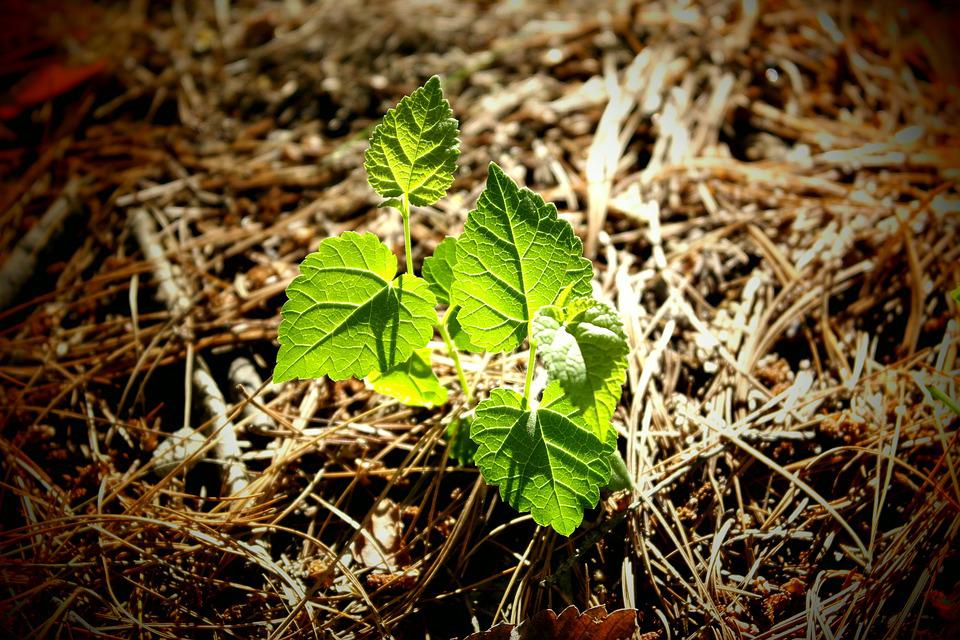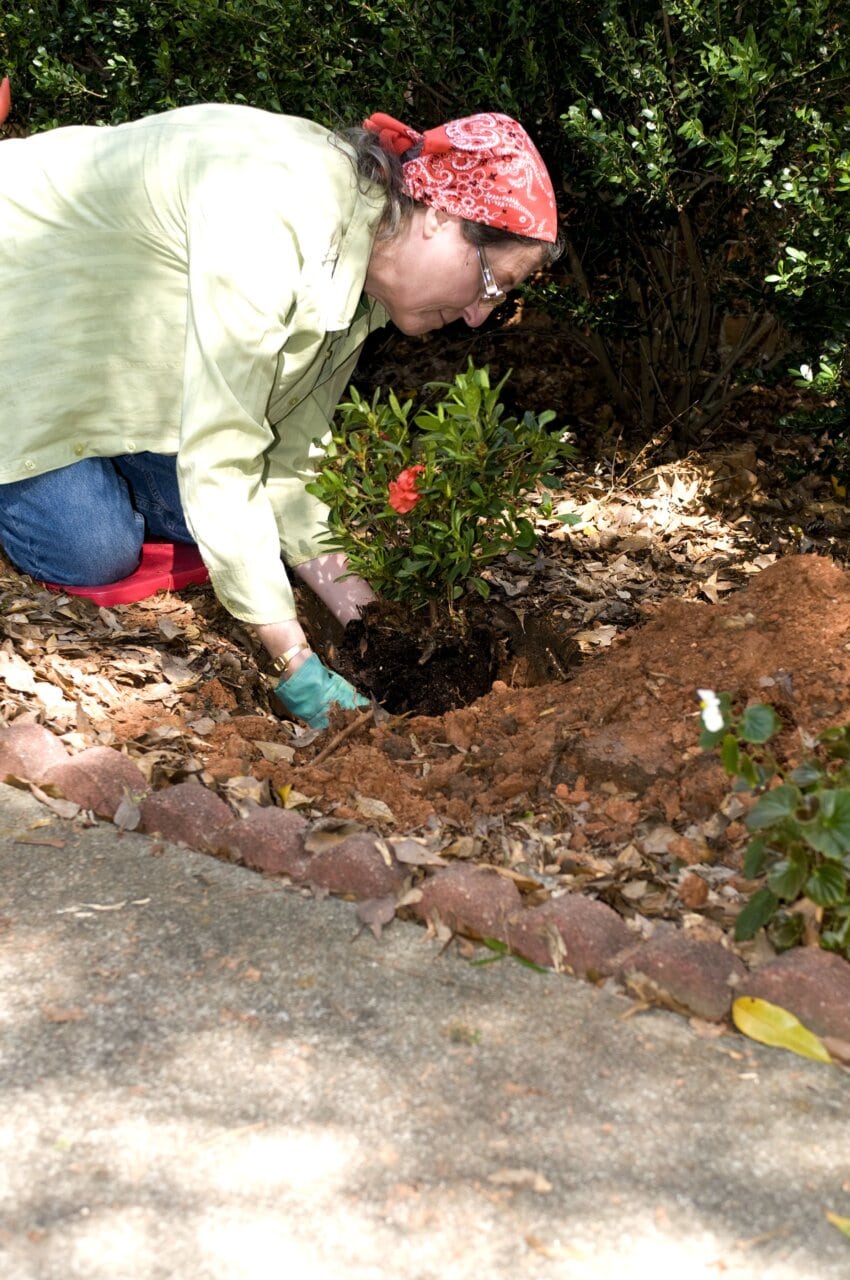Gardening is good; gardening while respecting the environment and biodiversity is better! Here are the basics you need to know to start gardening naturally.
Wormwood: an excellent natural weed killer
There are natural and inexpensive solutions to weed without polluting or damaging your plants.
Mugwort: what is it?
Mugwort is an aromatic plant generally used in cooking or phytotherapy. You can find it:
- at the edge of roads and paths;
- in altitude;
- planted at the foot of shrubs and large perennial plants.
Good to know: a perennial plant is a plant that can live at least 2 years.
Mugwort and weed control: instructions for use
Mugwort contains artemisinin:
It is the substance secreted by the roots or the leaves when they decompose.
Artemisinin blocks the germination of seeds and considerably limits the growth of weeds.
You can therefore place mugwort near your plants. Aesthetic, it will prevent the appearance of weeds while decorating your beds.
Peppermint: a natural treatment against pests
To treat your plants against pests, no need for chemicals! You can prevent the appearance of pests naturally.
Why peppermint?
This herb allows you to eliminate insects and pests without damaging your other plants:
The essential oil in this plant is an excellent natural insecticide.
Peppermint also has fungicidal properties, eliminating certain parasitic fungi and preventing their appearance.
Natural insecticide: how to prepare it?
To prevent the appearance of insects or treat your plants, spray them with an infusion of peppermint. To prepare it:
Immerse 150 grams of peppermint in 5 liters of boiling water.
Let it steep for 30 minutes.
Then strain the mixture through a sieve to remove the leaves.
Let it cool down.
This product is to be sprayed pure.
Nasturtiums: a natural way to protect yourself from aphids
Aphids are parasites that suck the sap from plants. Indeed, they are irresistibly attracted by nasturtiums, perennial plants whose flowers are usually red or yellow. You can eliminate them naturally.
So, to protect your vegetable gardens:
- Sow nasturtiums near your vegetable plants. Aphids will be naturally attracted to them and will not attack your crops.
- Don’t forget to destroy nasturtium leaves covered with aphids as you go along.
- Replace nasturtiums regularly. If they are too damaged, they will become ineffective.
Attention: only black aphids are attracted to nasturtiums. To get rid of green aphids, opt for a rose bush instead.
Cardboard: an economical mulch
Don’t throw away your old cardboard boxes! You can recycle them to prepare a plot of land that you want to grow.
Mulching: what is it?

Mulching is a process that helps to prevent the misdeeds of the local climate, in particular by a thick covering of material that keeps certain insects at bay, inhibits weeds, and traps moisture into the soil while acting as a physical barrier to drying winds and direct sunlight.
Why use cardboard?
Mulching with cardboard:
- protects your soil from bad weather, especially in case of a heat wave;
- is much appreciated by earthworms: this is a good thing because the worms plow it naturally by moving in the soil;
- chokes weeds;
- enriches the soil with carbon, which increases its fertility.
For optimal efficiency, make a few holes in the cardboard to let water through when you water or when it rains.
Good to know: if you wish to preserve the aesthetics of your garden, you can decorate this mulch with bark.
Read more:
– What Is the Purpose of Trimming Ornamental Trees?

One thought on “Learn the Basics of Natural Gardening”